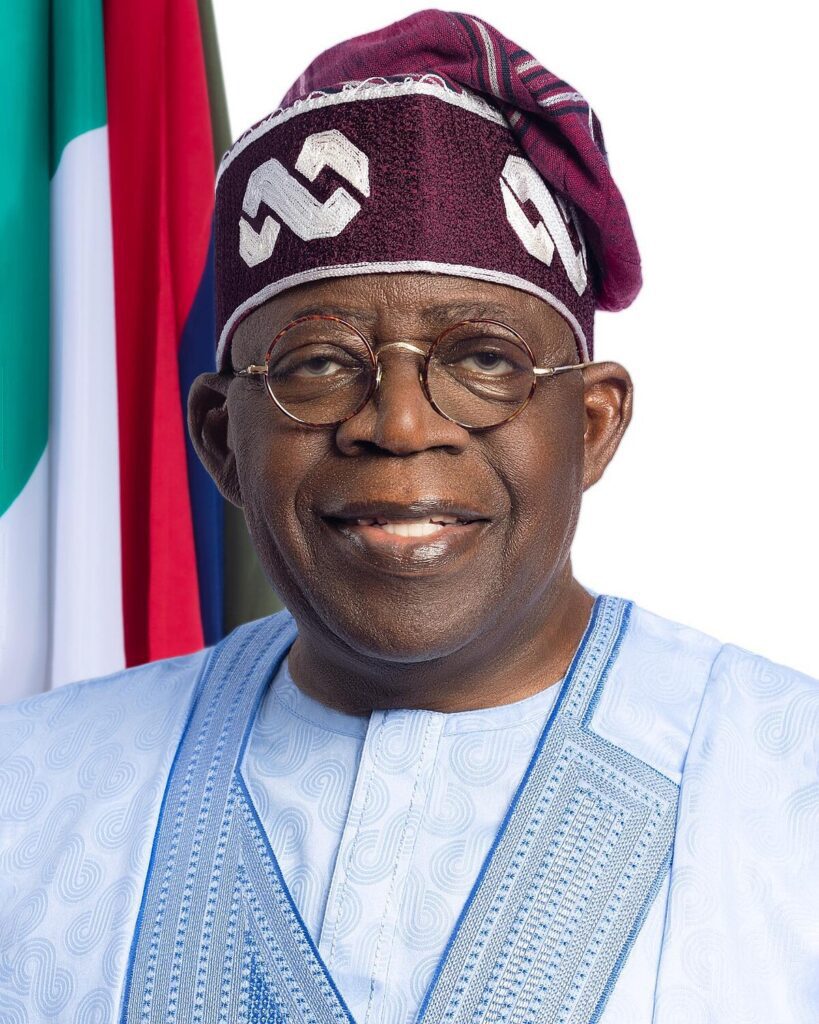Wale Edun, Nigeria’s Minister of Finance and Coordinating Minister of the Economy, has revealed that the substantial increase in the country’s revenue for the 2024 fiscal year is being directed towards various social intervention program. These programs aim to uplift living standards and address pressing societal needs, particularly among the nation’s poorest populations.
The minister emphasized on the government’s social investment program which is designed to impact 60% of Nigeria’s poorest, reaching 20 million people.
This initiative, which is part of a broader agenda for economic reform, seeks to reduce inflation, create jobs, and stimulate growth in key sectors such as agriculture, manufacturing, oil, and housing.
In his address at the 30th Nigeria Economic Summit, Edun explained that government revenue for the first half of 2024 more than doubled to N9.1 trillion, compared to N4.06 trillion in the same period of 2023. The government attributed this significant increase to the application of technology in revenue collection and reforms across civil service operations.
The increased revenue is being used to finance social programs that directly benefit the poorest segments of the population. Currently, four million households—representing 20 million individuals—are receiving direct financial support from the government, with plans to extend this to 15 million households.
Edun highlighted agriculture as a critical sector for reducing inflation and improving the availability and affordability of food. The government is also focusing on the oil sector, which remains Nigeria’s primary source of foreign exchange.
Recent reforms have attracted substantial investments, including $10 million from ExxonMobil and other key players, reinforcing Nigeria’s economic outlook.
Additionally, the government is investing N75 billion in grants and loans for small and micro enterprises in the agricultural sector.
Larger companies will also receive N75 billion in support, with loans offered at a 9% interest rate to help mitigate rising operational costs, especially following foreign exchange adjustments.In collaboration with international partners, including the World Bank, these reforms aim to stabilize Nigeria’s fiscal position.
The World Bank Country Director for Nigeria, Ndiamé Diop, acknowledged the country’s progress, pointing to improvements in the revenue-to-GDP ratio and stressing the importance of these reforms to ensure sustainable economic growth.
These initiatives reflect President Bola Tinubu’s administration’s commitment to ensuring that the increased revenue is utilized effectively to support the country’s socio-economic aspirations and address critical needs across various sectors.
Related articles


